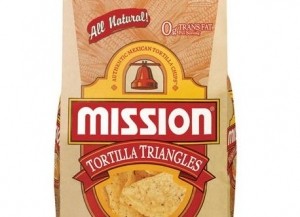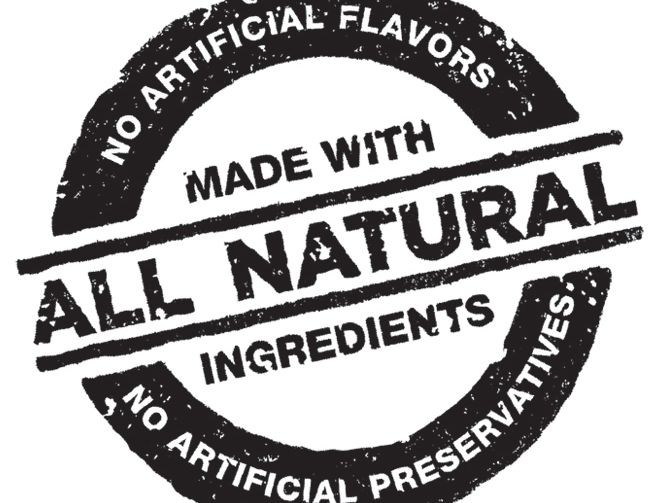4 - All-natural claims: Are they worth it?
Next onto another hot trend: 'Natural' foods and beverages. While consumers cannot always articulate exactly what they want, in broad terms they want more foods that are natural, less processed, and made with ingredients that they can recognize and pronounce.
But with no legal definition of 'natural' and opportunistic plaintiffs' lawyers ready to pounce on any firms that they believe are misleading 'reasonable consumers' with 'natural' claims on pack, it's an area of food labeling that's fraught with dangers, particularly if your product contains soy- or corn-based ingredients.
So is it just it too risky to label products that may contain ingredients from genetically engineered crops as ‘all-natural’? And will the FDA step in and decide this issue so consumer class action lawsuits over this issue stop clogging up the court system?
What can we learn from recent court orders in 'all-natural' labeling cases?
In recent weeks, some federal judges (Cox v Gruma Corp; Van Atta v Gen Mills; Barnes v Campbell Soup) have argued that the doctrine of primary jurisdiction applies to these cases, and put legal proceedings on hold to give the FDA time to make a determination on this specific aspect of ‘all-natural’ claims.
However, other judges (Parker v JM Smucker; Gengo et al v. Frito Lay North America) have argued that the judicial system is more than capable of addressing whether these manufacturers have misled reasonable consumers by calling their wares ‘natural’.

They also point out that the FDA has not shown any enthusiasm for defining ‘natural’ to date, and were it to do so, it would take a lot longer than six months.
Attorney: Do you need to make '100% natural' or 'all-natural' claims, or are you on safer ground focusing on specific ingredients that are, or are not, 'natural'?
So where does this leave manufacturers in the meantime?
"The problem with the 100% natural claim is that it is pretty unequivocal", says one food law attorney contacted by FoodNavigator-USA about a recent case against Safeway for using 100% natural claims on products containing synthetic leavening agent sodium acid pyrophosphate (SAPP).
"The company would probably have a better argument if it had just said ‘natural’ instead of ‘100% natural’", he adds.
"I tell most clients to focus more on what the product doesn’t have – ‘no artificial colors, flavors…’ than making blanket ‘all natural’ claims.”
There might be other less risky ways to reach out to your audience aside from using natural claims
Bruce A Silverglade, a principal with the law firm Olsson Frank Weeda Terman Matz PC in Washington DC, says that food companies will all come to their own decisions on labeling, but notes that in some cases, “there might be other less risky ways to reach out to your audience aside from using natural claims."
He adds: "There are other attributes to focus on."

















